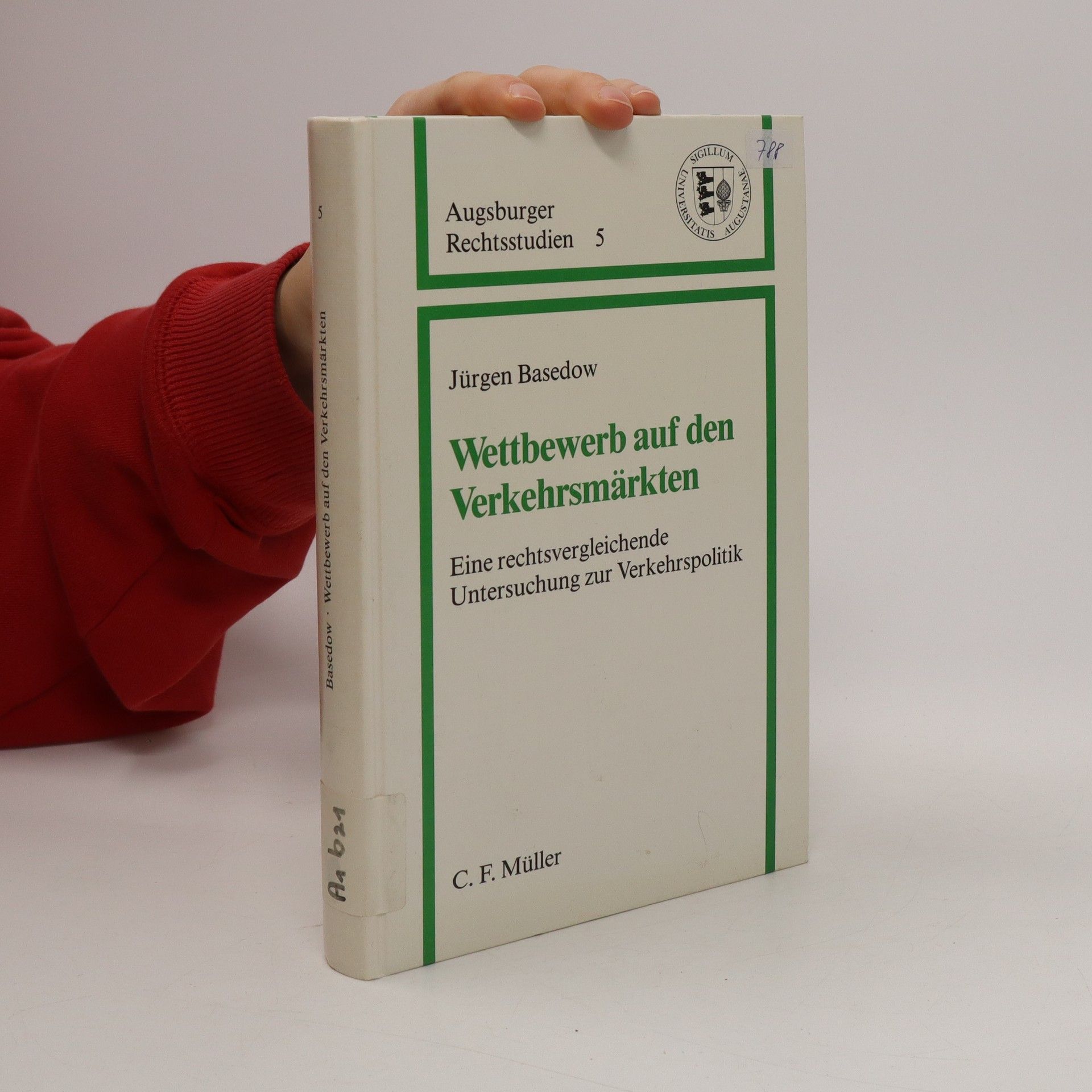An economic analysis of private international law
- 246 pages
- 9 hours of reading
International private law is one of the few areas of law that has to date largely escaped the attention of the „Law and Economics Movement“. This volume attempts to address this shortcoming by making the results of a 2005 German-Japanese conference accessible to a wide audience. Placing an emphasis on international contract law, international tort law and international company (corporate) law, the authors of the articles collected here undertake to analyze various aspects of international private law through an economic perspective. Contributors: Jürgen Basedow, Horst Eidenmüller, Yoshihisa Hayakawa, Kazuaki Kagami, Christian Kirchner, Toshiyuki Kono, Souichirou Kozuka, Katrin Lantermann, Tomoyo Matsui, Ralf Michaels, Yuko Nishitani, Shozo Ota, Hans-Bernd Schäfer


